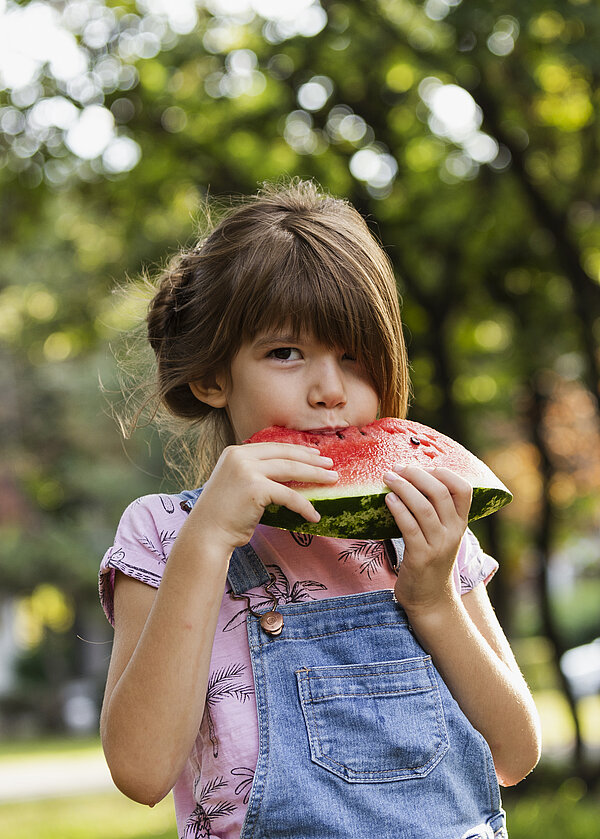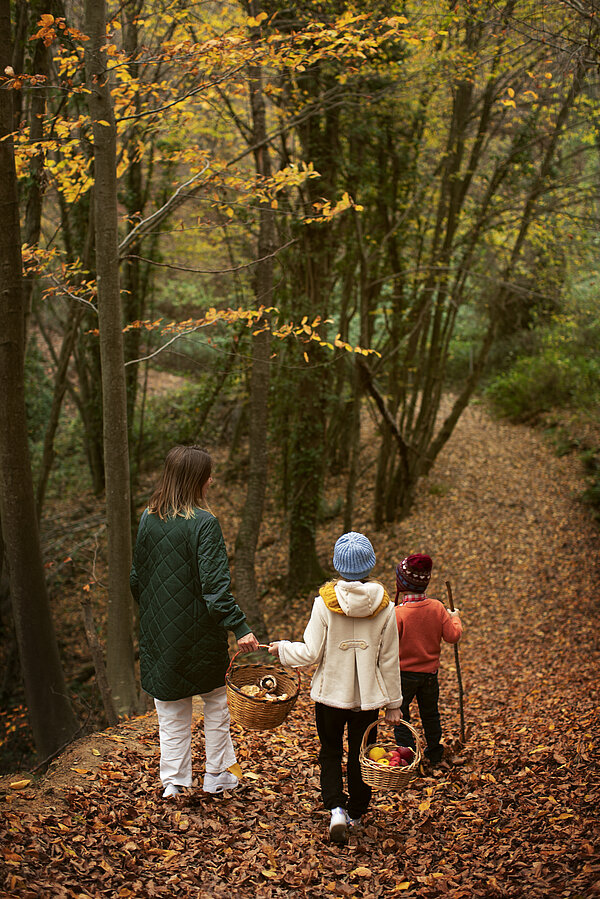Food, screening and prevention: these three main topics regarding young children’s health are also the priorities of the information campaigns promoted by the Luxembourg health authorities. And the country is doing great things for early childhood.
About the author:
This article was written byDr Eric Mertens,General Manager of DSB Communication, editor ofSEMPER Luxembourg™ and Letz be healthy™, and was produced in collaboration withDKV Luxembourg.
First topic, first asset: breast milk, the ideal food for a baby’s development, growth and health.
This is why it can safely be stated that “promoting breast feeding, promotes children’s health”.
This is also why it is nowadays recommended to exclusively breastfeed for the first six months of life and that breastfeeding should continue up to the age of 2 and beyond. And, for good reason, employers are being made increasingly aware of the advantages of breastfeeding and how to facilitate it in the workplace.
Real flavours are better for our health from the very start.
It is already widely known that breast milk contains antibodies that protect against infections and that it also reduces the risk of allergies. But did you know that it evolves over time to adapt to your baby’s needs and that the muscle movements used while feeding help children to develop good oral health?
Good to know:
The brochure “L’allaitement de A à Z” [Breastfeeding from A to Z] which is available in several languages, is packed full of practical information and answers to questions around breastfeeding.
Diversification: slow and steady wins the race
From the age of 10 months, children begin to discover new tastes and new textures. Progressively, one food at a time, by varying the choice of vegetables, by avoiding cow’s milk before 12 months of age, favouring lean meat and avoiding giving the child a taste for sugar. Because yes, good habits are formed from this early on.
Real flavours are better for our health even from the youngest age. In crèches and schools, increasing numbers of initiatives are emerging that favour the “farm to fork” strategy and less-processed foods, in a move away from commercially prepared food.
People will sometimes advise you not to go food shopping with your children, so that you can avoid the temptation of foods that are full of colourings and other additives…
But what about using a different tack, and taking them along with you to discover local markets, producers of fresh products and to find out where food naturally comes from?
One century ago: The first dispensaries for babies in Luxembourg
In 1922, our country helped the city of Verdun by organising a lottery the profits of which would make it possible to provide Verdun with a building in which people could carry out the work of the “Goutte de Lait” public health organisation: a crèche, a consultation room for pregnant women and a children's dispensary.
A short time later, in 1923, the city of Luxembourg created its own similar institution, for which the official inauguration took place on 19 June 1925.
And the dispensary’s priority at that time was already to promote breastfeeding.
Education by example
Finally, this brings us back to one of the foundations of education: the role model. As children, we all imitate our parents, those around us, the life in our village, what we discover on television or during holidays.
It is unrealistic to hope that our child won't drink fizzy drinks if that’s what we drink every day, it is unrealistic to offer them an apple for their snack if we never have fresh fruit at the table.
Take your child to the garden, the park or to Luxembourg’s beautiful forests.
The same goes for a healthy lifestyle and physical activity. In the States, the term “couch potato” refers to the archetypal overweight person who sits glued to the television for 12 hours a day.
In order for your child to escape this model, the best thing you can do is to get some exercise with them in the garden, in the park or in Luxembourg’s beautiful forests. It’s a great resolution that will benefit the whole family.
Screening according to the schedule in your health record booklet the “carnet de santé”
If there's one document all new parents are familiar with, it’s the carnet de santé. Essential for follow-up, the carnet de santé allows you to have an overview of all the results of your child’s health and development check-ups for the first few years of their life.
But today, digital health services such as the Shared Health File or “Dossier de Soins Partagé” (DSP) and the Electronic Vaccination Booklet or “Carnet de Vaccination Electronique” (CVE), also make it possible to access and share health data entirely securely: record of the vaccinations given by the paediatrician, personalised recommendations for vaccines, an automatic update of vaccination status, reminder notifications etc.
Speaking of vaccinations
The Ministry of Health and Social Security recommends that parents vaccinate their children for free against any vaccine-preventable diseases that are a part of the national vaccination programme. These vaccinations make it possible to protect children against diseases that are dangerous or even fatal, such as measles, which is currently experiencing a global resurgence. Talk to your doctor about this.
Protecting your child from birth
Discover

